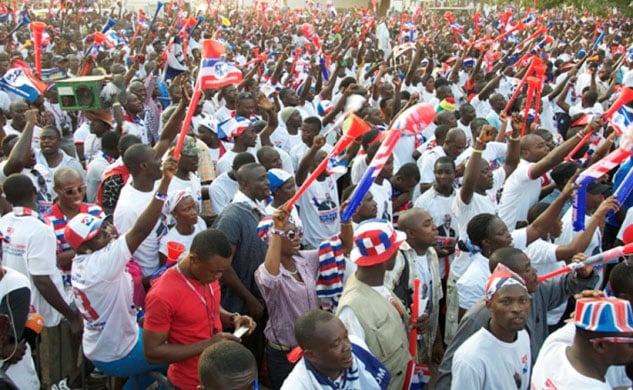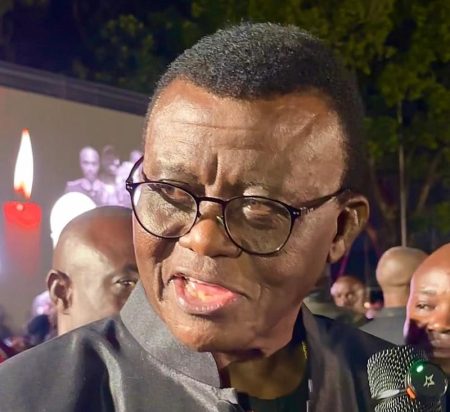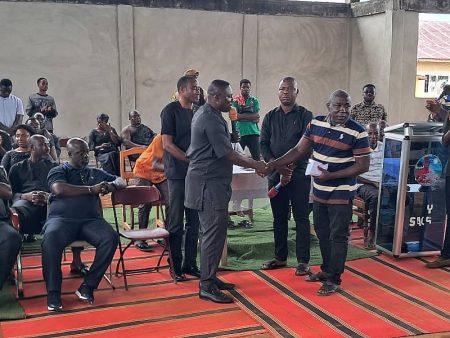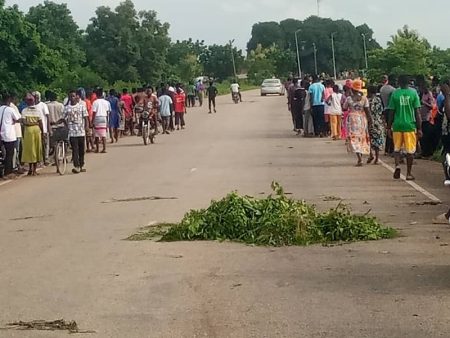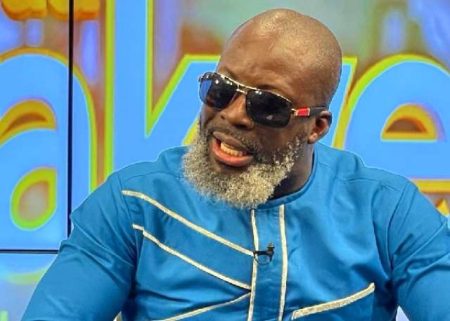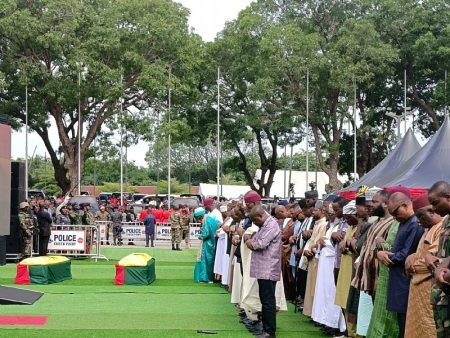The New Patriotic Party (NPP) stands at a crossroads. Gathered in Accra for their National Annual Delegates Conference, over 5,500 delegates are tasked with charting a new course for the party following its 2024 electoral defeat. Under the banner of “Rebuilding Together with Our Values,” this conference carries immense weight, representing not just a routine gathering, but a critical juncture in the party’s history. The central focus rests on a series of proposed constitutional reforms aimed at modernizing the party’s structure, democratizing internal processes, and ultimately regaining public trust. The outcome of these deliberations will significantly impact the NPP’s readiness for the 2028 elections and its ability to reclaim its position in Ghanaian politics.
One of the most significant proposals on the table is the abolition of the Special Electoral College. This mechanism, long criticized for concentrating power within an elite group, is facing a direct challenge. Reform advocates, led by prominent figures like Peter Mac Manu and Evans Nimako, argue that the Special Electoral College is unrepresentative, delays presidential primaries, and fails to mitigate internal contestation. Their proposed alternative involves a vastly expanded Electoral College, opening participation in presidential primaries to a broader spectrum of the party base. This would include polling station executives, representatives from the Tertiary Students Confederacy (TESCON), former Members of Parliament (MPs), Metropolitan, Municipal, and District Chief Executives (MMDCEs), ministers, and external branch delegates. This proposed shift represents a fundamental change in how the party selects its presidential candidate, aiming to create a more inclusive and democratic process.
The scope of the proposed reforms extends far beyond the Electoral College. Over 50 constitutional amendments are slated for discussion, covering a wide range of party structures and processes. These include increasing the number of polling station executives, restructuring Electoral Area Coordinator positions, granting voting rights to all female delegates in the election of the National Women’s Organizer, lowering the age limit for the youth wing, renaming and empowering the Nasara Wing to focus on settler communities, rebranding the National Treasurer as the Chief Fundraising Officer, and granting voting rights at all levels to former MPs, MMDCEs, and CEOs. These changes aim to modernize the party, enhance grassroots participation, and streamline its operations for greater efficiency.
While the potential impact of these reforms is substantial, their implementation for the 2026 presidential primaries remains uncertain. Joseph Osei-Owusu, Chairman of the Planning Committee and First Deputy Speaker of Parliament, clarified that unless the proposed amendments are formally ratified before the primaries, the existing constitution will govern the selection process. This underscores the significance of the conference’s deliberations and the urgency surrounding the proposed reforms. To ensure a focused and impartial discussion, the party has implemented a strict ban on campaign materials at the conference venue and within Accra. This measure aims to prevent premature campaigning and maintain a neutral environment for the delegates to consider the proposed changes.
Political analysts recognize the gravity of this conference, viewing it as a pivotal moment for the NPP. The party’s performance in the 2024 elections marked its worst showing since the return to constitutional rule in 1992, emphasizing the need for introspection and strategic realignment. Experts like Dr. Samuel Kofi Darkwa see the proposed reforms as a vital step towards decentralizing power within the party and reducing undue influence. An expanded electoral college, for instance, would make it more difficult to manipulate outcomes through monetary inducements, promoting democratic legitimacy and mitigating elite dominance. Beyond structural changes, analysts emphasize the importance of unity and reconciliation. Dr. John Osae-Kwapong stresses the need for honest self-assessment, urging the NPP to acknowledge its shortcomings, make peace within its ranks, and rebuild trust with the Ghanaian populace.
Several other key proposals are also on the agenda. These include modifying the polling station executive structure, transforming the role of Electoral Area Coordinators, empowering women within the party, adjusting the age limits for the youth wing, strengthening the party’s outreach to settler communities, and enhancing financial oversight. These measures collectively aim to revitalize the party’s grassroots base and improve its organizational capacity. However, some proposals are expected to generate more debate, such as holding presidential primaries before other internal elections and a suggestion to appoint, rather than elect, the General Secretary. These more contentious proposals could highlight existing divisions within the party and test its ability to reach consensus.
The nine-member Constitution Amendment Committee plays a crucial role in refining these proposals before they are presented to the delegates. General Secretary Justin Kodua Frimpong has emphasized the importance of embracing these reforms as essential steps towards modernizing the NPP and positioning it for victory in 2028. Beyond the constitutional amendments, the conference will also review key reports from the National Chairman, General Secretary, and National Treasurer. These reports provide a comprehensive overview of the party’s performance, financial standing, and strategic direction. With thousands of delegates assembled and the party’s future hanging in the balance, this conference serves as a crucial test of unity and a defining moment for the NPP. The decisions made during these deliberations will not only shape the party’s internal structure but also determine its ability to rebuild its image, regain public trust, and ultimately chart a path towards political redemption.





